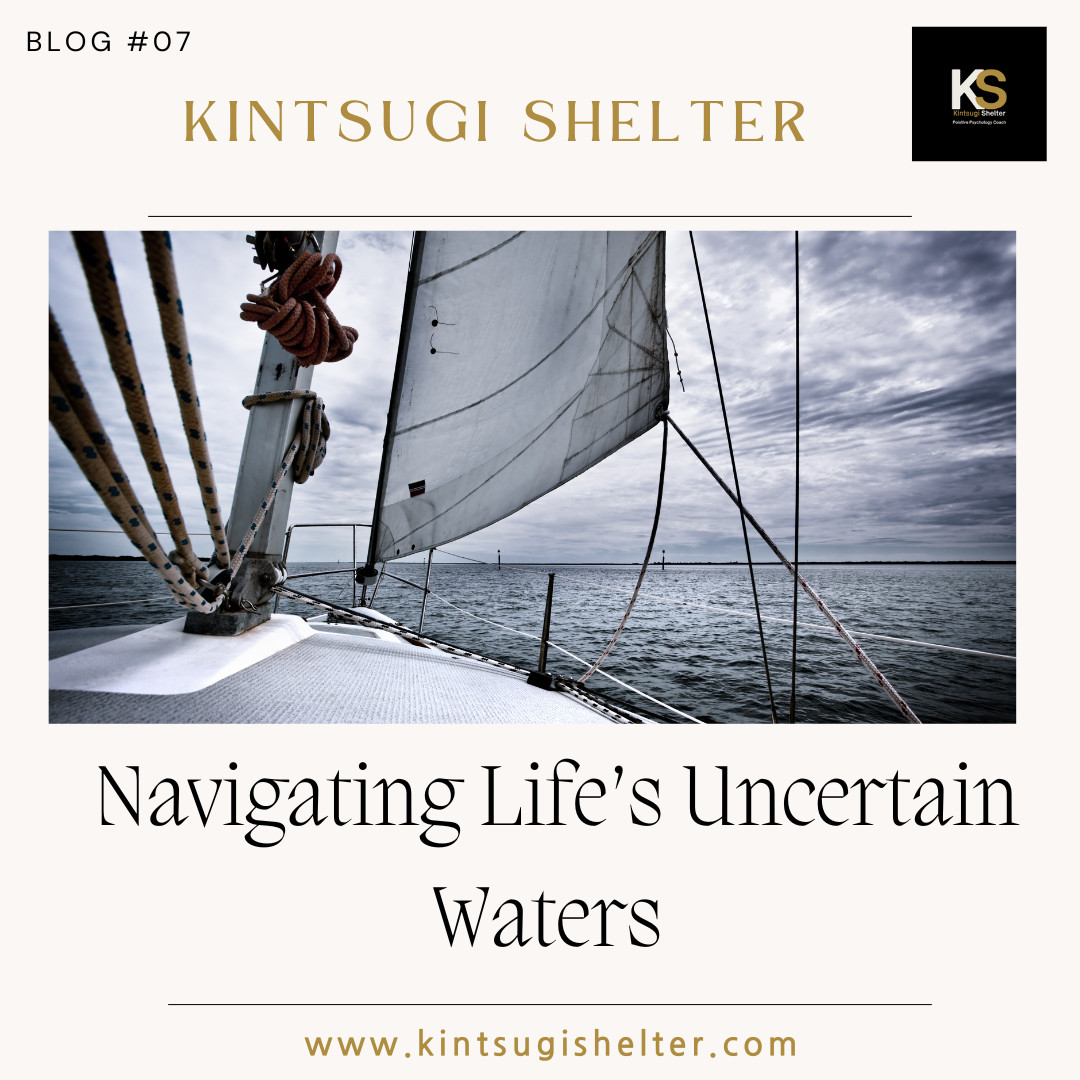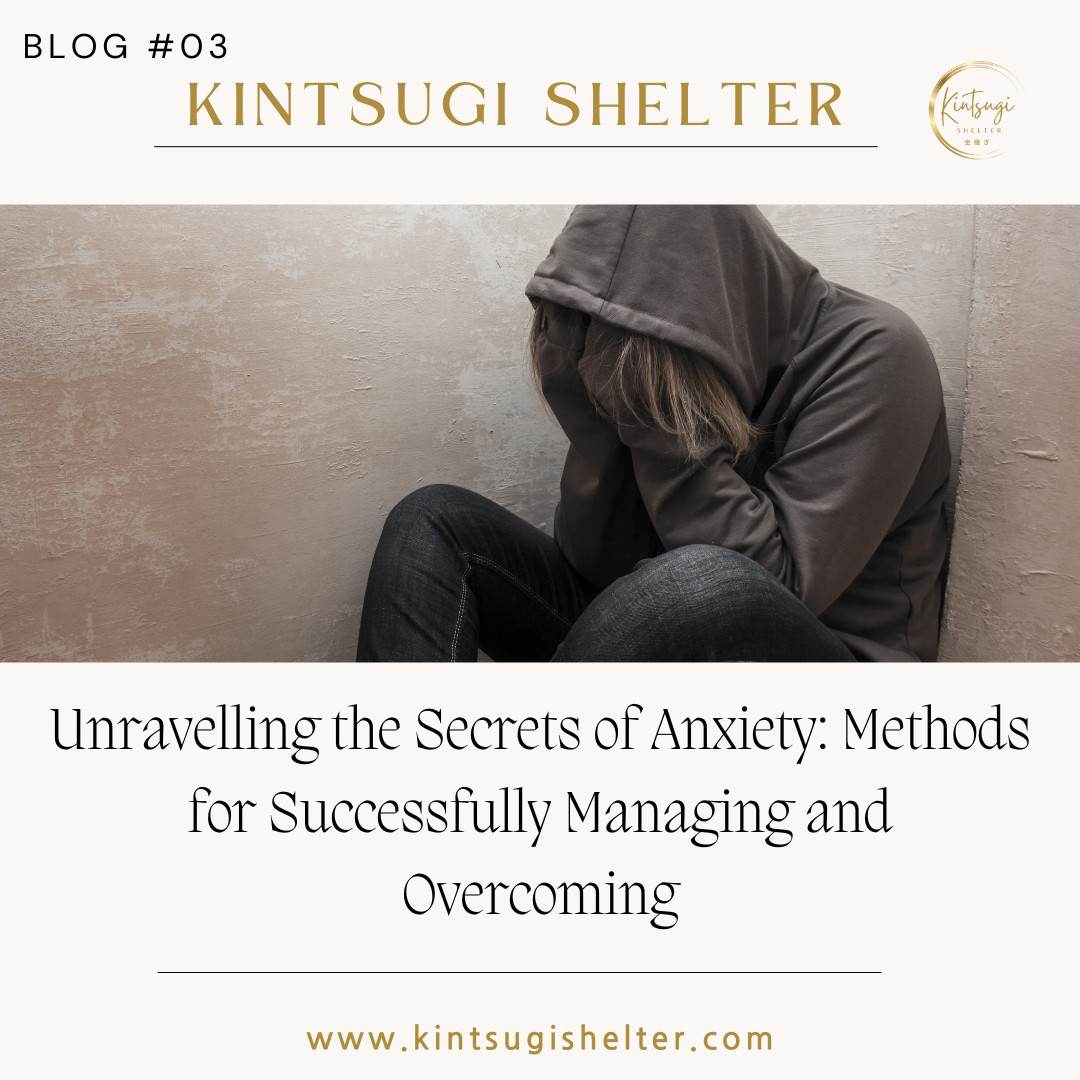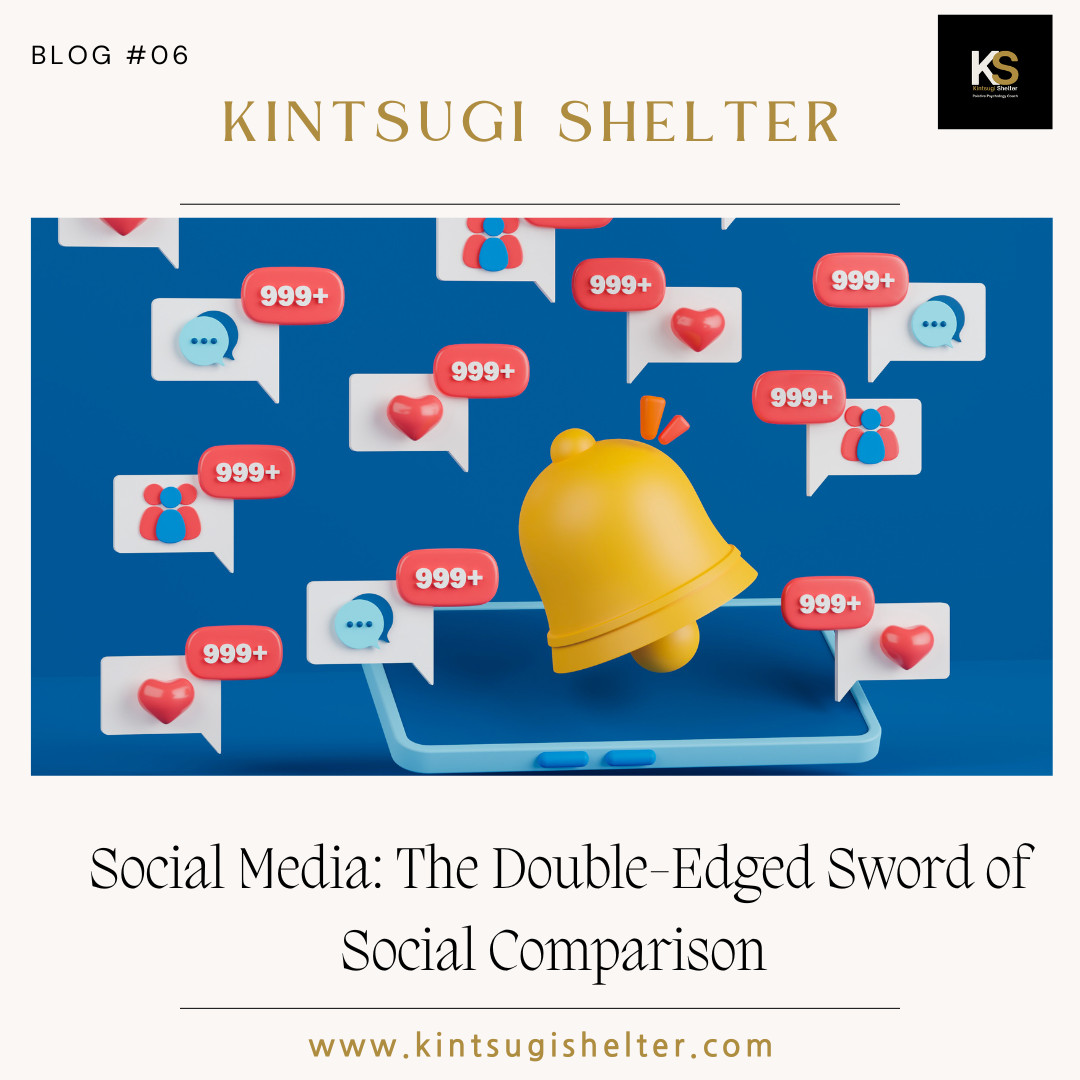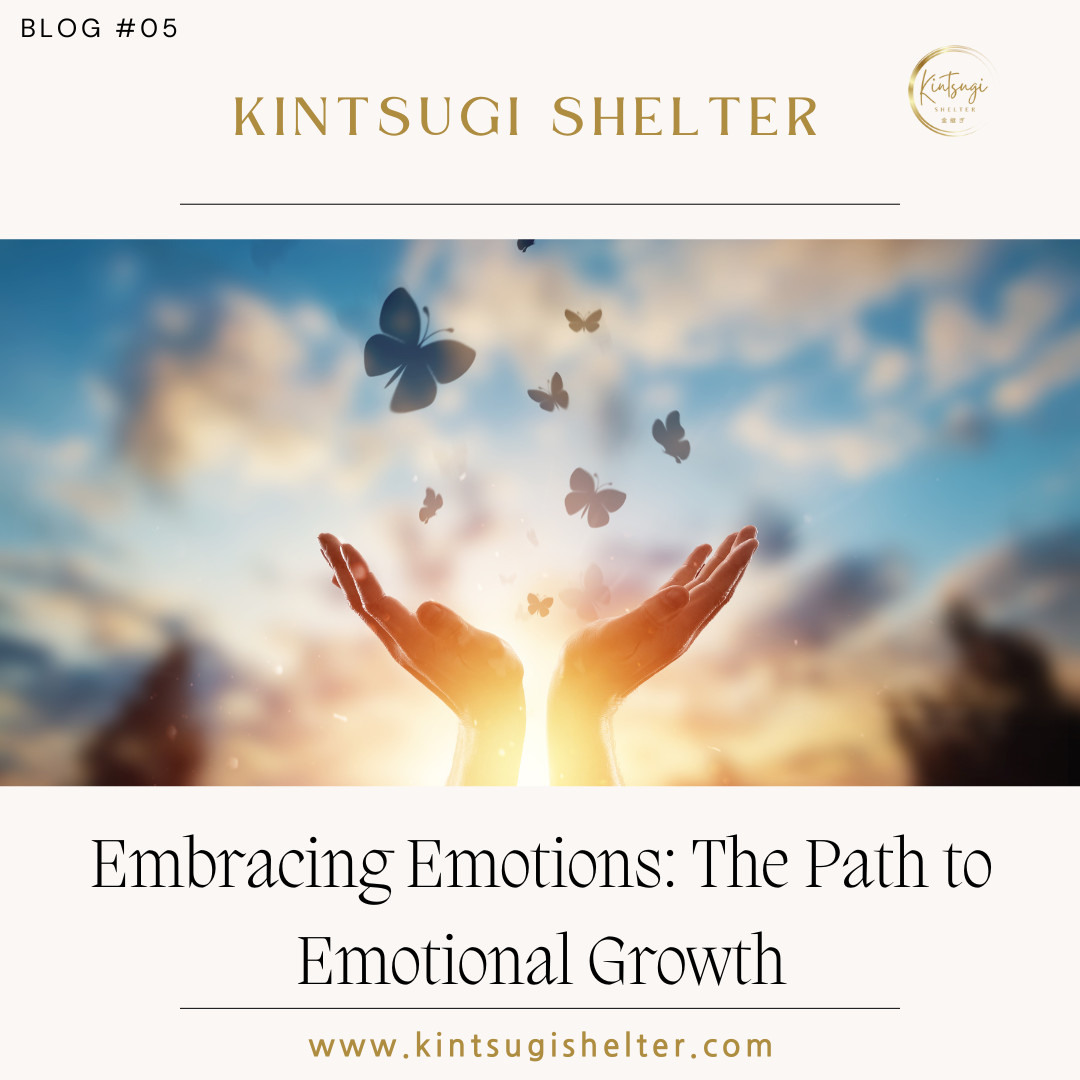

Chances are you've crossed paths with Abraham Maslow's hierarchy of needs pyramid, probably spotted it doodled on social media. This pyramid suggests we climb through layers of needs, starting from basic stuff like health and safety, all the way up to self-actualization - where we unleash our full superpowers!

Maslow’s hierarchy of needs was all about that journey of self-discovery! He highlighted that our growth is more of a dance routine than a sudden leap, sometimes moving forward and occasionally breaking into an awkward step back.
Life isn't just a climb to the top; it's a wild ocean, brimming with chances for adventure and insight, yet also with risks and surprises. In this sea of unpredictability, forget about pyramids - what we truly need is a trusty sailboat that can navigate the waves of life with style!
“I am not afraid of storms for I am learning how to sail my ship.“ - Louisa May Alcott
The Sailboat Metaphor
The sailboat metaphor likens human operation to a sailboat ride. Its goal? To shed light on the multitude of factors shaping our moods and actions every single day! A sailboat riding the waves serves as a cooler symbol for this crazy ride called life than Maslow’s hierarchy of needs pyramid.
Imagine you on a boat with more holes than a slice of Swiss cheese, your boat isn’t going anywhere fast! All you can do is play the balancing act, trying to plug those leaks. Your boat's essentials - safety, connection, and self-esteem - are like the dream team working together with you to keep you afloat and steady.

1. Water
No boat sails alone in the vast sea, just like we don't navigate life without our very own playground! Think of the water as our life's stage where we twirl and spin. It's where we dwell - our job, our cosy nest, our treasures, and our stomping grounds. In a nutshell, it's the real deal, our physical playground.
Changing the water in our boat analogy is totally doable without messing with the other puzzle pieces. Imagine steering our boat to a whole new ocean, dancing on waves we've never surfed before. Maybe it means shaking up our routine with a new job or setting sail from our cosy hometown. Smooth sailing ahead!
Just a heads-up, switching up your surroundings won't instantly boost your happiness levels. People make changes for various reasons - like dodging bad vibes, such as swapping jobs to escape a toxic boss.
Even though you smoothly sailed away from stormy waters with the boss, brace yourself, for another tempest may be brewing. The leak (element 4) hasn't been fixed; it's just a different puddle now. In this fresh setting, a colleague might just bring back those familiar bossy vibes, as if deja vu had set sail on the new water.
This example shows that sometimes it's better to tidy up the boat's other quirks before giving the physical surroundings a makeover.
2. Steering Wheel
The steering wheel is like our North Star, guiding our ship through life's waves. Just as it directs the boat's course, our values steer how we navigate existence. They are answering the big question: What truly matters to you in this wild ride we call life?
Like a GPS guiding you on a road trip, values are more about the journey than reaching a final pit stop. While goals can be ticked off a list, values are like lifelong travel companions. Take creativity for instance - it's not a box you can check off after painting a masterpiece. Values are like action-packed verbs, always in motion. So, instead of saying, "I've achieved creativity," it's more like saying, "I choose to be creative" or "I aim to help others thrive." Keep those values alive and kicking!
Keep a watchful eye on the steering wheel - it's like a mirror reflecting our values, the good and the not-so-good. Good values are like glitter for our well-being, while not-so-good ones are like party poopers. When you feel adrift from your good values, it's probably because you're giving too much spotlight to other parts of your boat. Imagine this: you're fixated on fear (hello, compass!), trying hard to keep it in check. So, your boat ends up sailing towards "safety" and "control," but surprise! Instead of calm waters, fear starts to swell. Suddenly, those values, "safety" and "control," aren't your best pals anymore; they're dragging down your mood.
Alternatively, you might be overly fixated on the values of others (other boats: element 8). This fixation could stem from a desire for approval, a value currently influencing this behaviour but not necessarily benefiting your well-being positively.
3. Destination
Like a boat navigating towards specific destinations, we embark on journeys to achieve our objectives. Just as a value provides a general direction for the boat, a goal signifies a precise and tangible destination. Setting and accomplishing goals are crucial steps in solidifying values. Goals can sharpen focus, inspire action, and transform abstract concepts, such as "creativity," into reality. Attaining goals that hold personal significance can boost self-assurance. In the context of the boat metaphor, strengthening the sails of the boat (element 5) is akin to progressing towards this growth.
4. Leak
A leak on our boat symbolises our weaknesses, which are obstacles that impede living a fulfilling life and achieving goals. These weaknesses diminish our personal well-being and often manifest as negative patterns of behaviour and thought, causing emotions like fear, anxiety, and stress. Examples include dwelling on the past and avoiding difficult emotions. When these persist, they lead to negativity, disengagement, and lack of motivation, hindering our overall growth and success.
When we concentrate on weaknesses, we tend to fixate solely on the leak in our boat. Despite the boat having other features like sails, a steering wheel, and more, we zero in on this one particular flaw. In essence, by focusing on our weaknesses, we shift our attention to the negative aspects of ourselves.
The concept of addressing weaknesses is to enhance overall well-being. Using the boat metaphor, fixing the leak allows the boat to sail smoothly once more. Conversely, if the leak is not repaired, the boat will sink, preventing us from sailing anywhere.
However, fixing the leak alone won't get you far. It's the sails that really catch the wind and push your boat ahead! In conclusion, addressing weaknesses is crucial to prevent setbacks, yet it is equally important to seize opportunities and propel forward by harnessing favourable winds.
5. Sails
The sails of the boat symbolize our individual strengths, which are elements that support meaningful living and reaching goals, ultimately enhancing personal well-being. These strengths manifest as positive characteristics evident in our thoughts, emotions, and actions. They encompass behaviours, thoughts, or feelings that resonate with our authenticity and motivation. These strengths promote peak performance, growth, and overall success. Examples of strengths include effective coping mechanisms such as optimism or acceptance, as well as activities that ignite energy and passion like writing or painting.
6. Compass
A compass helps us navigate our physical surroundings, while internal emotions guide our life journey. Both positive and negative feelings offer valuable insights along the way.
Negative emotions like fear and anxiety serve as signals that demand our attention. Instead of suppressing these emotions, allowing them to exist without immediate action can offer valuable insights to guide us on our journey. For example, fear might indicate that we are nearing the edge of our comfort zone. When we are unsure about what lies beyond, fear arises. It could suggest an opportunity to expand our horizons and push beyond our limits. Additionally, fear may highlight the significance of a situation to us, as our emotional response reflects our underlying values and concerns.
Just like a boat's compass pointing north, emotions are not the troublemakers. It's more about how we navigate using them. Trying to dodge or wrestle with negative feelings might just steer us into stormier waters. It's like having a leak in our boat – a common struggle that needs a little fixing.
7. Weather
The weather can be likened to unpredictable life circumstances. Like how we can't influence the weather, various events – both positive and negative – occur beyond our control. At times, favourable situations align with our strengths, propelling us forward. Conversely, challenges like adverse weather conditions may hinder our progress. Examples from real life encompass losing a loved one, facing traffic delays, receiving a promotion, or falling in love.
Even when circumstances are beyond our control, particularly during challenging times, our response can significantly affect our well-being. Handling these situations effectively can enhance resilience and keep us focused, regardless of the challenges they bring. Essentially, it involves leveraging our strengths and understanding what aspects we can or cannot influence.
8. Other Boats
The boats in the sea symbolize the people around us, akin to our social network. They have the power to influence us positively or negatively. When we choose to change direction, some peers may encourage us, while others may sow seeds of doubt and fear. It's crucial to remain faithful to our values and path, rather than letting external opinions dictate our course. Our social circle can provide support during tough times. Like boats in stormy weather, they can help us navigate and remember our core values on our journey.


















0 Comments